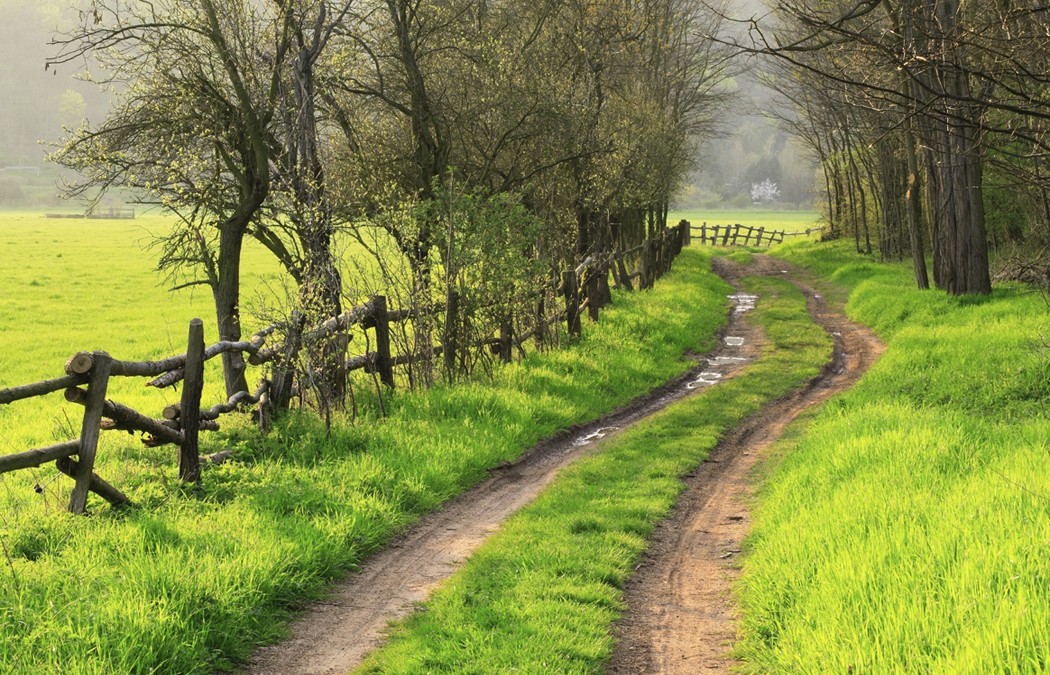Your vision will become clear only when you can look into your own heart.
Who looks outside, dreams; who looks inside, awakes.
— C. G. Jung
Our society on the whole is an extraverted culture. We look to the outside for wisdom, solutions, love, hope and happiness. We tend to look to others to provide those things for us and our culture tends to look at those whose nature is extraverted – outgoing, friendly, verbally communicative – as the epitome of psychological health. Conversely, we tend to look with suspicion at those who are quieter, whose energy flows inward, who are comfortable with their interiority and the world that lies in their own imagination. What is wrong with these people? Are they autistic? Is there some sort of medication that can get them to behavior more appropriately – in other words, like the rest of us?
But this heavy emphasis on extraversion comes at a price – it leaves one without the inner resources necessary to traverse the challenges of life. If our needs can only be met from outside of ourselves and if the answers only lie in the external world, what happens when nothing is forthcoming? What happens when the world can no longer meet our needs? What happens when nothing seems to answer the questions that we seek?
This is the dilemma for most people that begins around midlife but continues into old age unless there is a willingness to radically change. As Carl Jung proposes – those who look inside, awaken! They find a source of inner wisdom; they discover new worlds within their own imagination; they stumble upon a vast well spring of life that is not dependent upon the external world.
As we age, the world becomes less accessible to us – our bodies becomes less able to respond to our intentions; our mental faculties become blunted – we slow down, bit by bit and our external world becomes smaller. If a person has learned to explore the depths of his or her psyche, to wonder and attend to dreams, fantasies and other processes of imagination, then the world within becomes wider. One gains a freedom from the tyranny of an other-centered existence and one experiences life in a dramatically different way.
This is the freedom of interiority, the lessening of dependence on the outer world and the opening up to exploring a world that has existed all the while alongside it, like a parallel universe. Like a deep sea diver who learns about a world that exists beyond our everyday experience, those who choose to explore the inner life will be well rewarded. This is the wisdom of the ancient Christian mystics and their emphasis on contemplative prayer. “All things shall pass away,” proclaims the Bible – “all things shall be made new”.
I believe that God gives us the choice however to either heed the call toward an inner life or ignore and cling to the extraverted life we have always lived. But we ignore that call at our own peril for therein lies the way toward a miserable old age. Learning to explore the life within – through contemplative prayer, active imagination, art, music, poetry, writing – will set the foundation for a life well lived, a journey of discovery that is never ending.


The road to inferiority is followed only by a few. I do hope that those in the midlife will be inspired to cruise jung’s theory and touch others towards achieving a life so meaningful.
Well said! One might say the narrow road – but certainly the integration of the shadowy parts of our nature is a vital part of our psychological and spiritual journey.